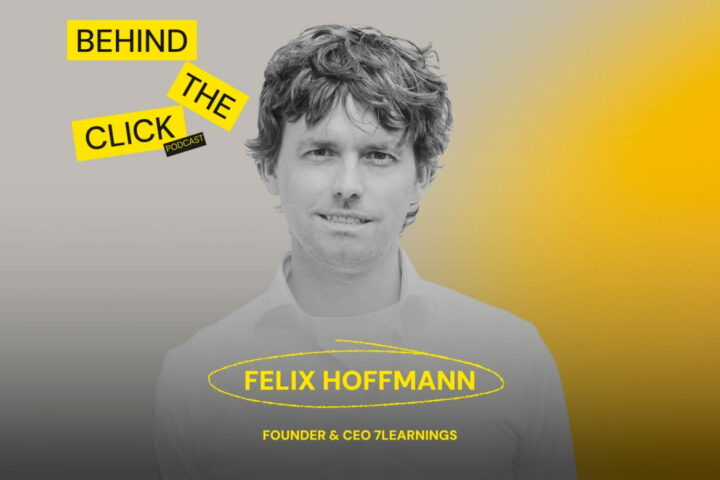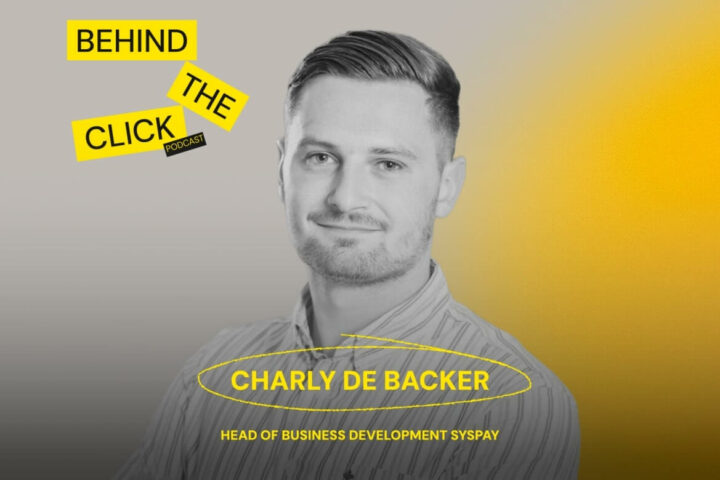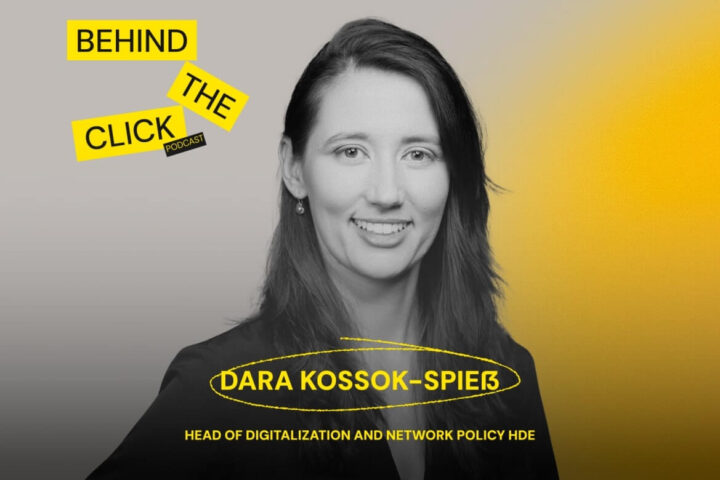Why you can’t afford to ignore programmatic advertising
Written by
Editorial TeamPublished on
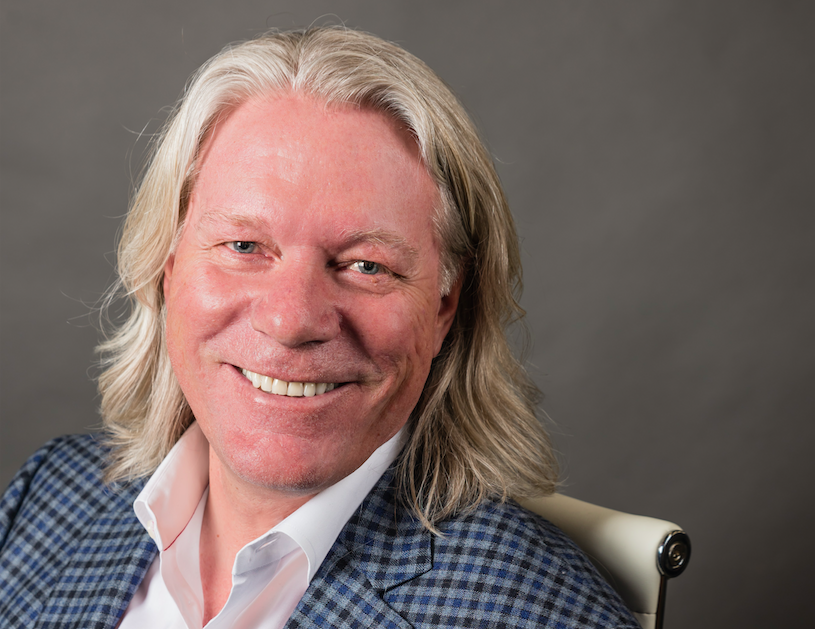
As THE change in e-commmerce, programmatic advertising is inevitable and will impact you sooner or later. It depends on you whether it will be a severe blow or a motivational kick. In this interview with genius Bjorn Espenes, the Founder & CEO of Finch, you will learn why you cannot afford to ignore it, how Finch built its enviable position and expertise in the paid search industry, and why you simply must not miss Bjorn’s upcoming talk at the E-commerce Berlin Expo, February 2, at Station Berlin!
Paulina, E-commerce Berlin: You are the Founder & CEO of Finch – a company that runs advertising campaigns for e-commerce and lead generation websites through a fully managed, cloud-based optimization service (SaaS+). How was the idea for Finch born?
Bjorn Espenes, Finch: My co-founder, Eric Maas and I spent almost 10 years building an omnichannel e-commerce platform (SaaS) company. We managed all channels except paid search. In our pursuit of finding a partner to manage that channel for our clients, we repeatedly had very poor experiences. We realized that running paid search for an e-commerce company with a sizable product catalog and very specific requirements needed a completely different approach than what the typical agency offers. The complexity demands software to help manage the channel, keyword management, bid modifier management, campaign structure and maintenance for Search and Shopping, influencing Quality Score, and many more areas. We set out to achieve two things:
1. Become the best Search partner on the planet.
2. Predict the value of the next click programmatically.
Since its start in 2009, Finch has grown to be a global company with offices in the US, Europe, Asia and South America. Moreover, Finch is the 145th fastest growing private company in the US (Inc 500) and the #12th fastest growing software company. What has had the biggest impact on this spectacular growth?
The biggest impact on our growth has been achieved by focusing on two key areas: first, being able to automate and drive performance programmatically and, second, hiring amazing people.
We’ve been able to have such an astounding growth because of our unique approach.
I’ll give you an example of what e-commerce advertisers are dealing with: Imagine a company with a 5,000 product catalog, with likely four variables on the product details page. These are all terms that people can search for to find the products: title, UPC code, manufacturer ID, etc. That adds up to 20,000 keywords, add four match types and you have 80,000. Three devices–mobile, tablet and desktop–and that gives 240,000 unique click instances. Then separate between new visitors, homepage, product details page, abandoned cart and completed transaction, and now you have a staggering 1,200,000 unique click profiles that can be triggered from a Search (this doesn’t even include Shopping)! You don’t know which one you will get until the potential buyer triggers the search and the only way to know which one is coming is through the API from Google (or Bing).
Adding to this, the Advertiser needs to keep a certain profit margin from the transactions while the performance metrics constantly change! It is simply something a human cannot keep track of. Our approach has been to use our proprietary software and our expert team to execute the campaigns, and the performance has given us a word of mouth reputation of being “the performance agency.” Our ability to manage campaigns for our clients at very hard performance targets while generating substantial growth are the keys to our success.
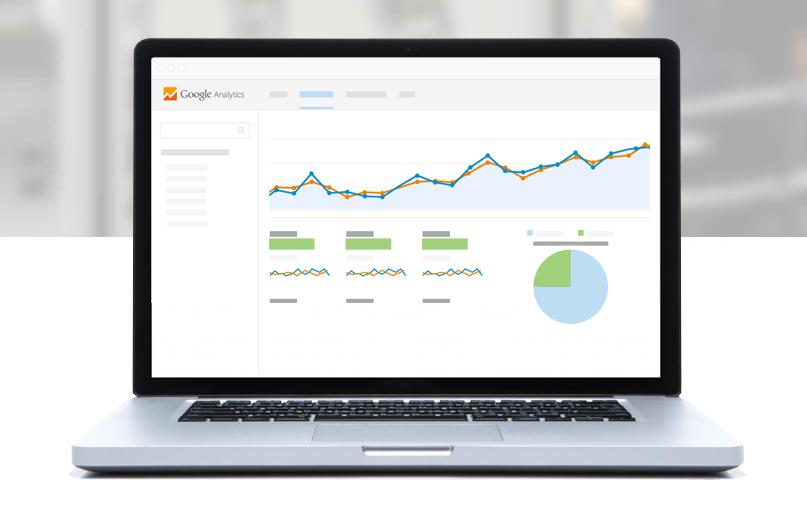
Let’s focus a bit more on your clients. They range from small startups to well-known global brands. At which point should a company – irrespective of its size – decide that they need help from Finch? In other words, is it better start from zero with you, or to reach out to you when things get complicated (we lose leads, our online campaigns fail etc.)?
We typically do well for clients that have an existing program in place with ad spend and a site that converts. We run a free audit analysis for any prospective new clients to determine fit to make sure we are the right partner for each other. Independent of the past performance, it is always better to start with an existing account because there is a lot of data that can be used. We leverage that data and any content in their account when we rebuild it. We then structure the accounts around a data model that takes advantage of all the information that is available within Google to execute with a lot more accuracy what reduces the risk, and to create more leverage to increase sales.
In 2016, Finch has been awarded with the prestigious Google Shopping Performance Award. Can you tell us more about how hard and how long have you worked to earn this award?
As always, there is that moment when you get a recognition for all the hard work after many years of development. Our development team has worked together for almost 15 years developing software for optimizing the omnichannel, with the last seven years exclusively focused on paid search and shopping. There is a lot of experience and deep understanding of how to optimize e-commerce channels for online merchants that forms the foundation of our programmatic advertising platform.
The combination of this platform and our team of performance analysts and client success managers is how we delivered the performance we were recognized for. We won the award having very tough competition with all the other Premier Partner agencies inside EMEA. What sets us apart is the combination of programmatic technology and a dedicated team of experts that is executing for performance on behalf of our clients.
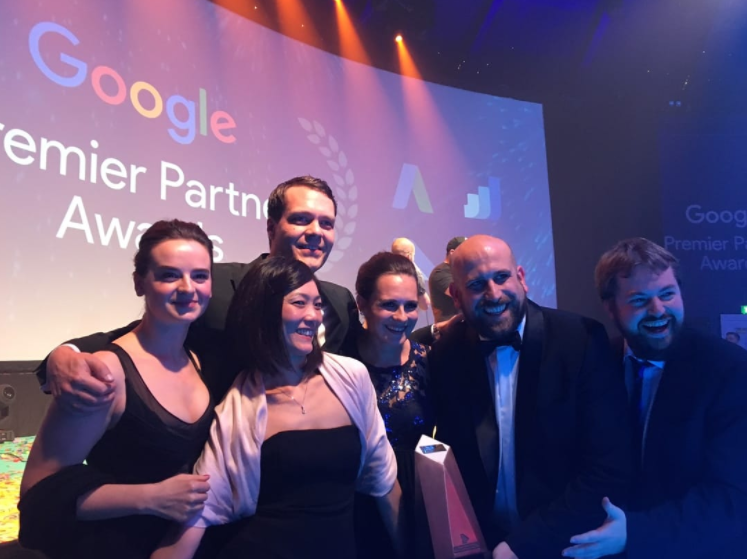
What can the case of Neuesbad and their cooperation with Finch teach other companies?
Adwords has become a complex maze of options and the biggest challenge is not to do one thing right, but to do all the things exceptionally. In the end we just did everything that needed to be done in an Adwords Account, like Sitelinks, Mobile Bidding, Remarketing for Search, etc. What any company can learn from Neuesbad is that you need to know what you are capable to do in Adwords and what your company needs. If you can’t deliver what you need, look for a partner that helps you to achieve your goals.
You are one of the speakers at E-commerce Berlin Expo 2017. On 2nd February at Station Berlin you will give a talk titled “5 Ways Programmatic Will Change the Paid Search Industry”. Why do you think this topic deserves all the time and effort you are putting into preparing this talk?
I am very thankful that the organizers have given me the opportunity to share my views on this topic with the attendees at the Expo. The reason the topic deserves the time and effort of not only me preparing for the talk, but for the attendees to prioritize this session, is that this change in our industry is inevitable and it will impact all of us whether we like it or not. The complexity around each click that we buy has exploded over the past few years, and what used to be a click with a few variables is now a highly complex click profile with many different components that are co-dependent. This environment requires very sophisticated software to organize, structure, manage and execute campaigns.
Software and automation in this industry used to be limited to bidding engines and reporting, but those days are long gone. Nowadays it’s necessary to have software to manage your campaign structures, data models, keyword expansion, campaign maintenances, core bidding models, bid modifiers, and to influence quality score…and a flurry of other areas that impact performance.
Those who adapt to this new era will reap the benefits from taking advantage of what is possible, while others will be left behind. For the industry professionals, this is a golden opportunity to jump on board early and learn how to leverage new technology to obtain an unfair advantage among competitors when driving their financial performance.
Is “Programmatic Advertising” the next big thing in the online world? Will it make many flesh-and-blood online ad specialists redundant soon?
This is a very common question and unfortunately a common misconception. The concern people are talking about is using machines and software to do their jobs. In reality, we are utilizing machines and software to do what is not being done today and to automate some of the work that is being done. The practical implications of doing things programmatically allows more time for analysis and focus on areas that are not transferrable to machines such as: attribution modeling, strategy, conversion rate optimization for the keyword– ad– landing page–completed transaction funnel, and cross-channel (omnichannel) modeling. The list goes on.
Great online marketing professionals are in high demand and will not be redundant anytime soon, in fact it’s quite the opposite. Their jobs will change to more analytical and strategic, as we automate and execute programmatically. The good ones will welcome this change with arms wide open.
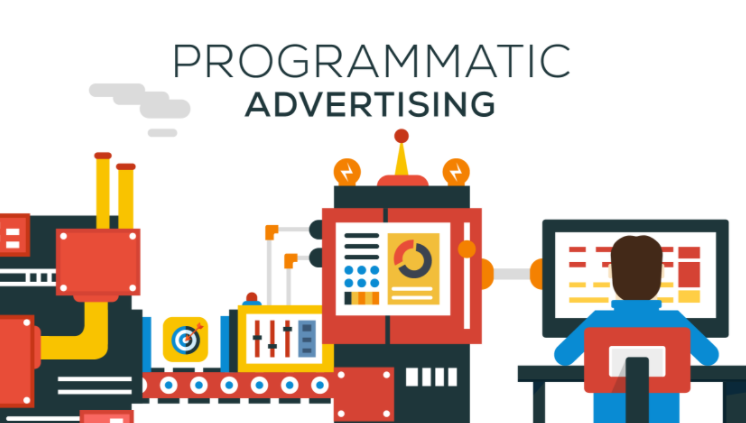
E-commerce Berlin Expo has proved to be an exceptional meeting place of, both, big international e-commerce players and SMBs that only aspire to enter new markets. This year, the audience will be even bigger and more diverse than in 2016. What do you personally perceive as the biggest benefit of attending such meetings?
There is never any substitute for personal interaction and meeting people face to face. I enjoy the conversations with customers, partners, competitors and other industry insiders very much. The opportunity to have direct dialog about each other’s opinions, approaches, products and industry developments to learn from each other, challenge each other and to form collaborative bonds going forward is always what I get from this type of conference.
In your LinkedIn summary you’ve stated that you “founded 3 internet software companies and have experienced the full spectrum of starting and building great companies, never easy, but always rewarding”. If you could turn back the time, would you do it all again – or would you something different?
I would absolutely do it again. I was very fortunate to have the Internet industry start as I was early in my professional career and I am very thankful for the opportunities it has given me. If I were to do it all over again I would worry a lot less about what other people think and take bigger risks.
Based on all these experiences, what would you say to those who start their tech businesses now? What’s the most important lesson that you have learnt as an entrepreneur?
Fear of failure is often the biggest enemy of an entrepreneur, one that too often severely limits the progress and potential of a new venture. Go big, fail fast, stay focused and aim for the stars!
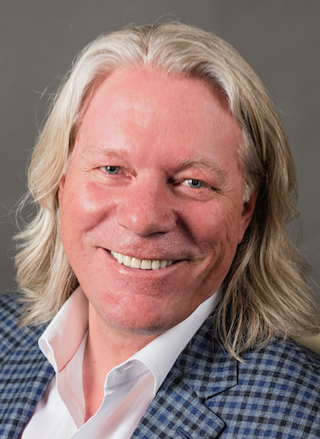 Bjorn Espenes is CEO and co-founder of FINCH-Profit Driven Advertising. Finch is Google’s Premier Partner and optimizes Google AdWords (Search, Shopping and mobile) for eCommerce companies. Bjorn is also an extremely experienced speaker at conferences around Paid Search and eCommerce.
Bjorn Espenes is CEO and co-founder of FINCH-Profit Driven Advertising. Finch is Google’s Premier Partner and optimizes Google AdWords (Search, Shopping and mobile) for eCommerce companies. Bjorn is also an extremely experienced speaker at conferences around Paid Search and eCommerce.
